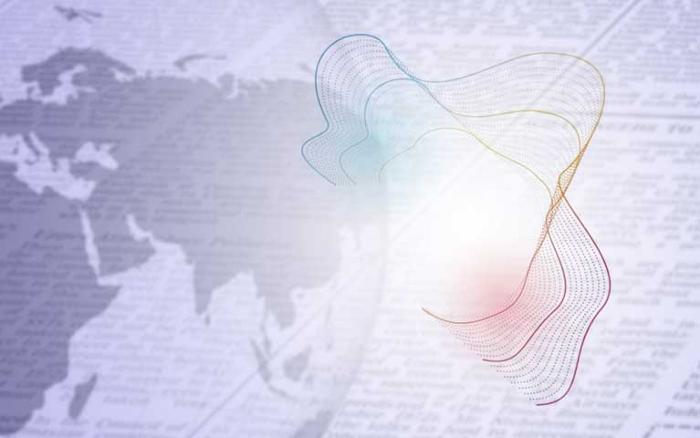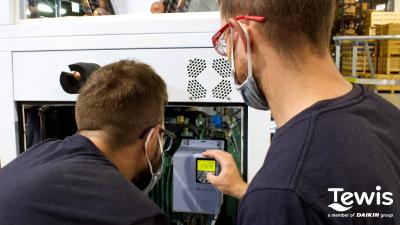

Refrigeration is following the new trends
The refrigeration industry cannot lag behind and it has to update itself with the latest market trends in order to survive. On the one hand, it is facing the environmental challenge, which translates into technological changes to achieve a higher degree of energy efficiency, redesigning installations and a return to the old natural refrigerants. And on the other hand, it is facing a reorganisation in the way it operates and interacts, accelerated by the pandemic.
The refrigeration and air conditioning market is facing an environmental challenge, that translates into technological changes aimed at achieving higher degrees of energy efficiency by the components of the refrigerator circuit, by the equipment and the refrigeration installations, to help preserve the ozone layer and reduce global warming. “This all entails redesigning the refrigeration installations and a return to using old natural refrigerants such as CO2 and NH3”, says Pedro Lozano, Technical Director of the DISCO Group.
He also adds that “the recent regulations and legislation on the new A2L refrigerants, with GWP<150 ha, entail a new challenge for commercial refrigeration companies, who have to reinvent their product range to improve the environmental impact of their solutions”.
The technology in installations with A2L refrigerants has the same operating system regarding parameters and pressures, and in most cases, they are the continuity of classic refrigeration due to direct expansion of the refrigerant. “The new development of cooling equipment with A2L refrigerants provides the client and the merchant with installations without fees, environmentally-friendly, low energy consumption and an optimal initial and operating investment”.
During this transition to new refrigeration trends, “the DISCO Group is leading in the change to A2L commercial installations, with the success of the first installation in Spain with this refrigerant, in a SPAR supermarket in Barcelona, and another two projects for the online division of the Esclat supermarket in Valls (Tarragona) and another SPAR facility”.
Vaccination distribution
The coronavirus pandemic has proven how essential the cooling industry can become. Pepe Royo, Commercial Manager for Eliwell Ibérica, advises of “how critical it would be to not have an advanced refrigeration technology to manufacture and distribute the vaccines”, and to “keep the population stocked, guaranteeing the food production and supply chain”. Therefore, he concludes that “it is vitally important to guarantee the continuity and availability of the refrigeration installations in optimal condition, without renouncing energy efficiency and care for the environment”.
Eliwell Ibérica es expert in remote management for monitoring and surveying any size installation, and for the last 15 years it has had a centralised alarm system to manage hundreds of installations from one single location.
Commercial reorganisation
Changes in the cooling industry are not only happening in technologies and products, but also in the manufacturing and marketing processes and in workflow organisation. Alfonso Olcina, Sales Manager for Tewis Smart Systems, says that “without this innovation we could not advance or adapt to the constant changes in regulations or market demands that we undergo, nor could we be efficient and sustainable”. He also said that “the health crisis caused by Covid-19 has accelerated the ways we had of relating to each other in general, and in our sector in particular”.
He affirms that “we have identified digitalisation as a lever for change in competitiveness, increasing the added value of all operational areas”. And he concludes that “this pandemic has brought about two-directional learning, both for us and for our clients, generating an overall vision of an entire sector and new experiences to gain competitiveness”.



